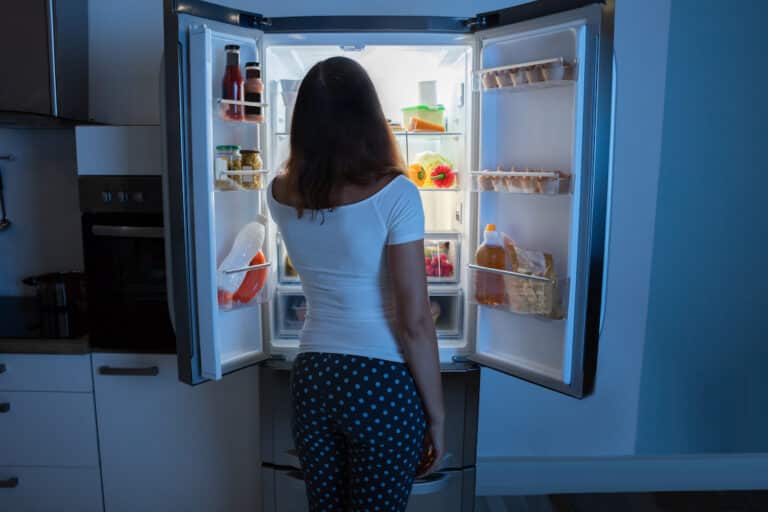By: Leigh-Ann Bamberg MS, RDN, LD
For many people, the holidays are a time of joy and merriment, a time for family and friends to gather and enjoy each other’s company while sharing in annual traditions and abundant laughter. For most people, highlights of the holiday season include cooking and indulging in a traditional holiday meal. However, for those suffering from an eating disorder, the holidays are often a time of increased stress and anxiety. Because of the emphasis placed on food during this season, the holidays can magnify internal personal struggles and cause an increase in disordered behaviors. The combination of anxiety being around family as well as the increased focus on food can be triggering to those dealing with an eating disorder.
Why are the holidays a cause of increased anxiety for individuals suffering from an eating disorder?
The holiday season is a time of celebration, often accompanied by an assortment of special treats and meals, leaving those who struggle with an eating disorder worrying about what they will eat, how much they can allow themselves to eat, or even how long they will need to exercise to burn off the calories consumed. Also, the typical traditional holiday meals include foods that these individuals often categorize as “bad foods.” The overwhelming thoughts and emotions leading up to the holiday season can cause a more significant preoccupation with food, weight, and overall body image.
While the holiday season may be difficult for one suffering from an eating disorder, some strategies for friends and families can help them to better cope during this stressful time of year.
- First, speak with the family members or other support systems before the holidays to help them better understand specific triggers and needs.
- Second, if following a meal plan that has been prescribed by a Registered Dietitian, try to adhere to it as much as possible to avoid restricting or bingeing.
- Third, make a list of relaxing and distracting activities in case your loved one becomes too overwhelmed.
- Lastly, be sure to plan time for any loved ones who are struggling to mentally recharge and know that by providing space and a “get out strategy” you are supporting their recovery when they get anxious.
Holidays can be a very stressful time, but for those with an eating disorder, it can also be a “triggering” time. It is essential to their recovery for families and friends to be proactive and plan, making it easier for them as they transition into the holidays.
As individuals suffering from an eating disorder recover, be encouraged that hopefully one day the holiday season is no longer distressing, food and body thoughts will no longer consume them and take away their joy. This holiday season, find safe foods, follow a meal plan, and allow your loved one to step away from stressful situations in the hopes that next year, they will look forward to enjoying the season.
If you or a loved one is struggling, call Magnolia Creek today at 205-235-6989 or complete our contact form. We offer eating disorder treatment for women (18+) in a healing environment that helps to support our clients as they explore the contributing factors related to their eating disorder. Our certified professionals offer focused and individual care and work with clients to develop a customized treatment plan that identifies treatment goals and provides the support needed to live a life of freedom from an eating disorder.




